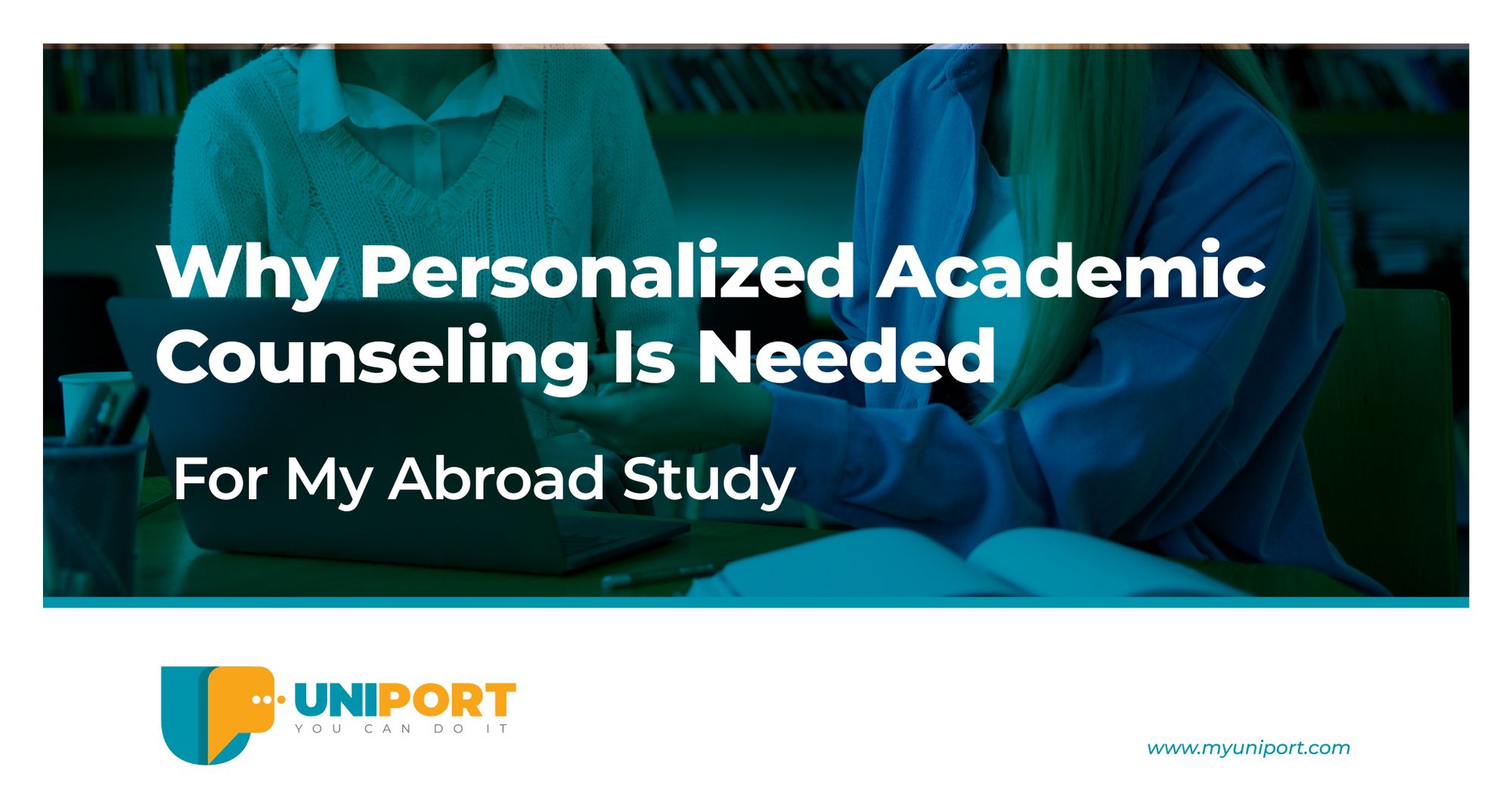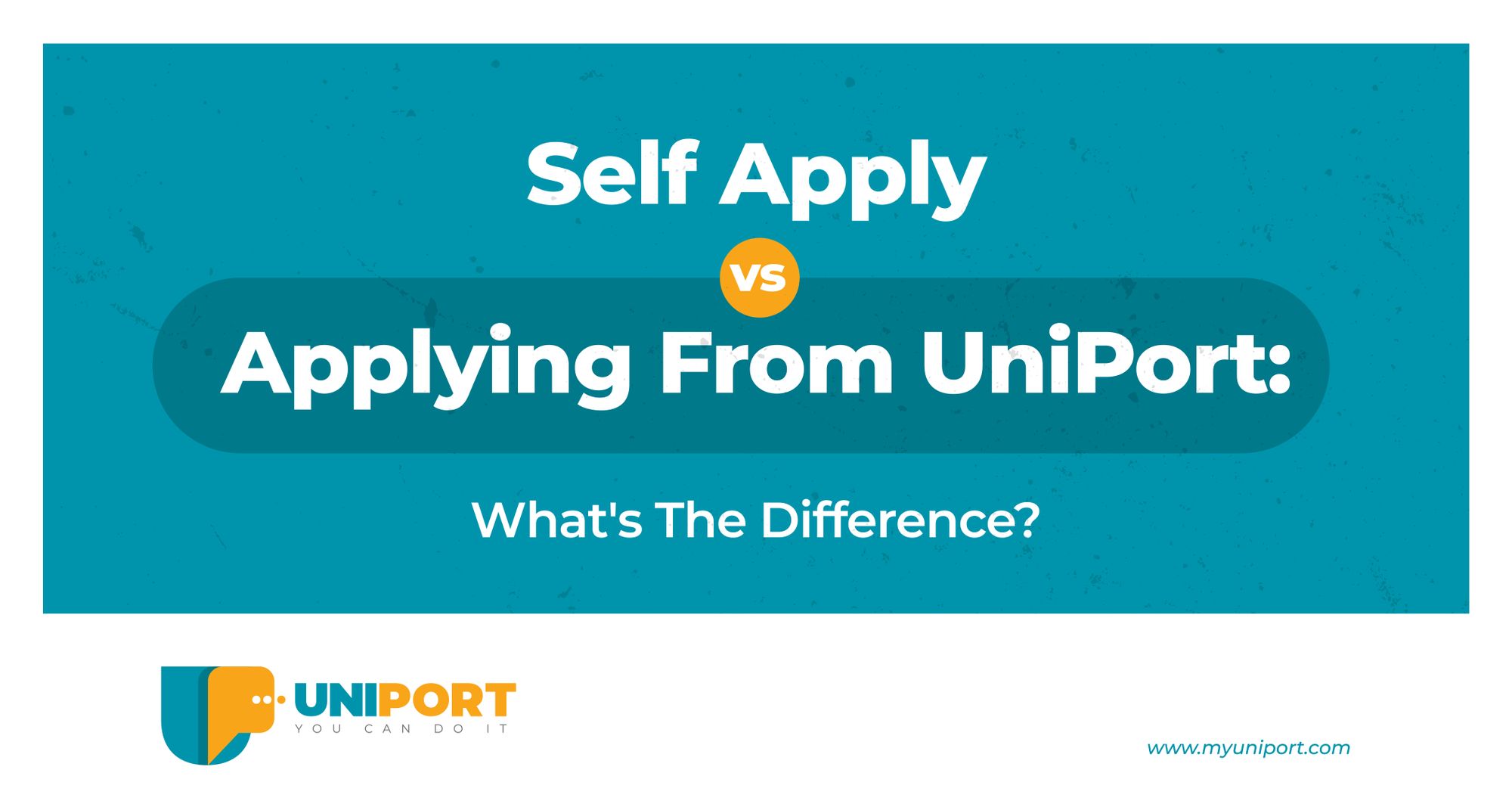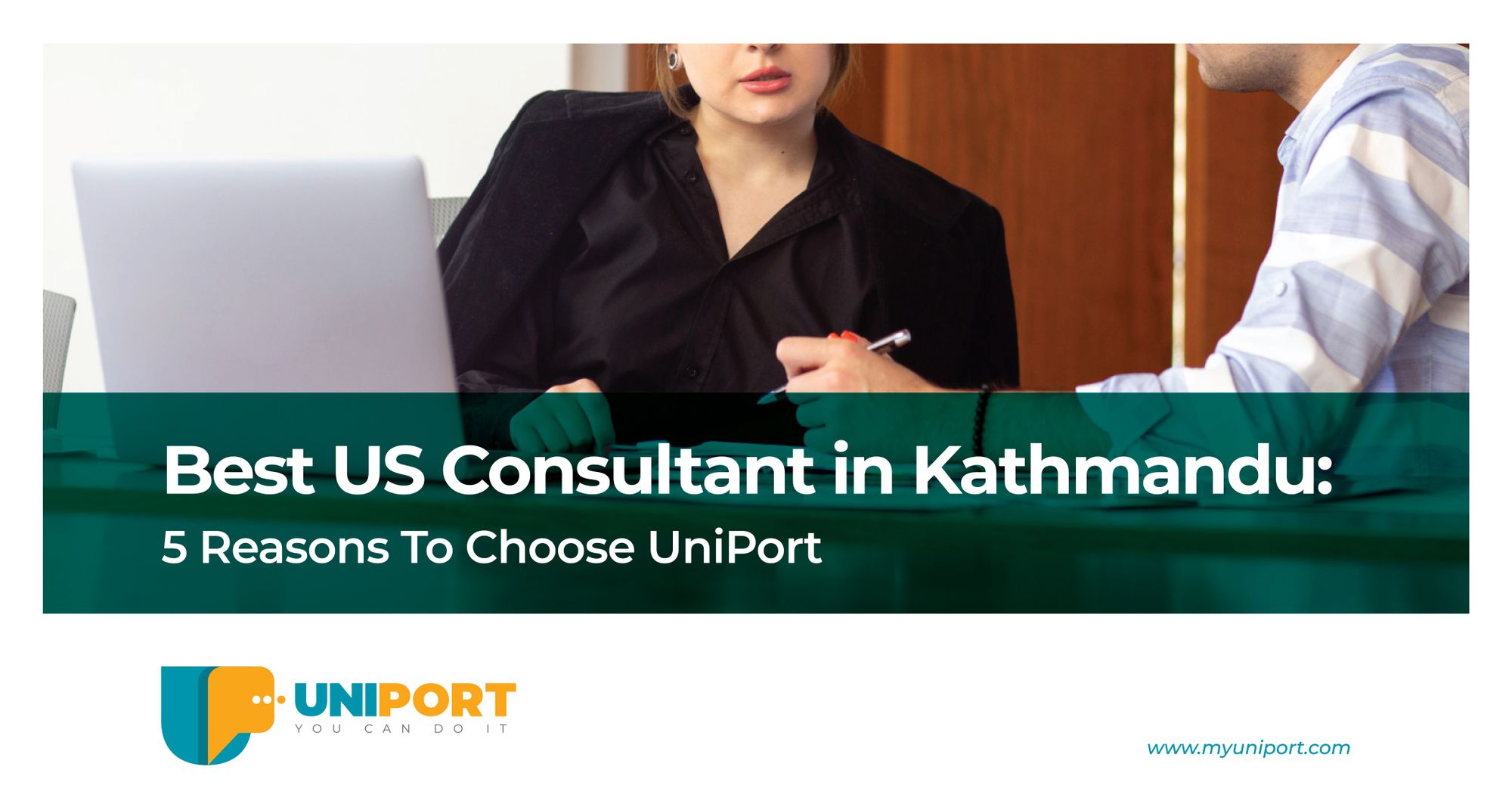How Do You Differentiate Good Counselors From The Bad Ones?
As a student seeking guidance on your education journey in a foreign land, working with a qualified and reputable education counselor is essential. But how do you differentiate a good counselor from a bad one when there are numerous options in the market? This blog article will help you with specific factors to consider when evaluating an education counselor who can guide you well.
Career Counseling vs. I-20 Counseling: Is The Counselor Ethical?
Choosing an education counselor who upholds ethical standards and practices, such as maintaining confidentiality and not making false promises or guarantees, is essential. Generally, most students complain that counselors are more focused on doing I-20 counseling rather than career counseling. The reason for such unethical practice is the high focus on profit-motive of the counselors. As a result, students can't access their true potential and can't get proper guidance which should have been a high priority for any ethical counselor. So make sure that your counselor is the ethical one. How do you know that? Well, figure out whether he/she is not sensitive toward your career aspirations, whether he/she is consistently diverting you to a university of his/she preference, and whether he/she provides false information. If the answer is yes, it is a red flag. Run away.
Professional vs Armature. Is The Counselor Qualified?
A good education counselor should have a relevant degree or professional qualification in education, counseling, or a related field. We are not saying he or she needs to be an A+ student of his/her time but must know what academia demands from a student and what to expect from academia as a student so that he/ she can prepare you well. A counselor without any proper educational background, knowledge, and proper exposure cannot guide you well.
Studied Abroad vs. Studied Nowhere. Is The Counselor Well-Experienced?
Look for an education counselor who has experience studying abroad, working with students, and helping them achieve their academic and career goals. Be away from counselors who don't have any experience in going abroad and don't have a clue about the international education system. We are not saying that a good counselor must be a foreign-returned professional. Still, it is better to have someone who is nurtured in the international education system academically, knows how to live as an international student in a foreign land practically, and has a record of guiding students like you to your dream university as proof. If all of these criteria are checked, that is how you know you have found a good education counselor for yourself. And, stay away from counselors who studied nowhere, i.e., someone without any degree or someone with a degree for namesake.
Certified vs. Self-Proclaimed. Is The Counselor Well-Trained?
Many professional organizations like PIER, TITI, and ICEF offer certification for education counselors. The certifications demonstrate that the excellent counselor has met specific standards of knowledge or experience in the field. It is not always about a certificate in the paper that reflects the training. It is about how he/she communicates with you. A good counselor should be able to listen actively and communicate effectively with you. They should be able to explain things in a way that is easy to understand and be open to answering any questions you may have. Don't believe in evil counselors who are self-proclaimed untrained, and uncertified individuals trained to waste your time.
Reputed vs. Newbie. Is The Counselor Trustworthy?
Choose a counselor wisely. Seek out education counselors who have a good reputation and are well-respected in their field. You can ask for referrals from trusted friends, family members, or other professionals. Remember that a good counselor is someone who can be trusted as it is about your career choice, which plays a pivotal role in your life. We are not saying a newbie is unworthy of your trust, but it is better to go to someone with good word of mouth.
Personalized Approach vs. Parroting Approach. What Is The Counselor's Approach?
A good education counselor should take the time to get to know you and your individual needs and goals and tailor their advice and recommendations accordingly. They should not use a one-size-fits-all approach or a parroting approach.
To sum it up, it's also a good idea to meet with a few different education counselors before making a decision, so you can compare and contrast their approaches and determine the best fit for your study abroad journey.


